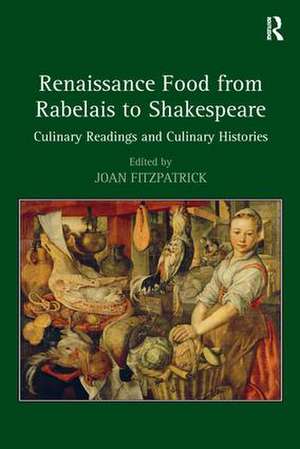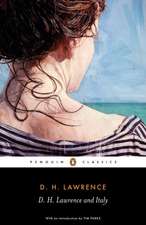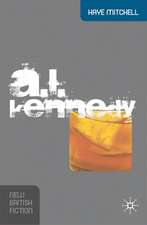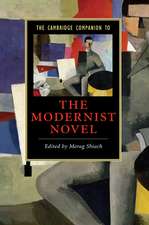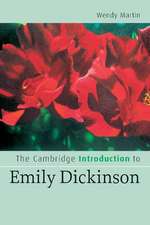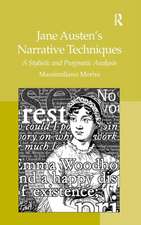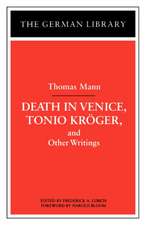Renaissance Food from Rabelais to Shakespeare: Culinary Readings and Culinary Histories
Editat de Joan Fitzpatricken Limba Engleză Hardback – 17 mar 2010
| Toate formatele și edițiile | Preț | Express |
|---|---|---|
| Paperback (1) | 338.33 lei 6-8 săpt. | |
| Taylor & Francis – 9 sep 2016 | 338.33 lei 6-8 săpt. | |
| Hardback (1) | 820.32 lei 6-8 săpt. | |
| Taylor & Francis – 17 mar 2010 | 820.32 lei 6-8 săpt. |
Preț: 820.32 lei
Preț vechi: 1103.01 lei
-26% Nou
Puncte Express: 1230
Preț estimativ în valută:
156.99€ • 162.18$ • 130.65£
156.99€ • 162.18$ • 130.65£
Carte tipărită la comandă
Livrare economică 25 martie-08 aprilie
Preluare comenzi: 021 569.72.76
Specificații
ISBN-13: 9780754664277
ISBN-10: 0754664279
Pagini: 182
Dimensiuni: 156 x 234 x 18 mm
Greutate: 0.48 kg
Ediția:1
Editura: Taylor & Francis
Colecția Routledge
Locul publicării:Oxford, United Kingdom
ISBN-10: 0754664279
Pagini: 182
Dimensiuni: 156 x 234 x 18 mm
Greutate: 0.48 kg
Ediția:1
Editura: Taylor & Francis
Colecția Routledge
Locul publicării:Oxford, United Kingdom
Notă biografică
Joan Fitzpatrick (Lecturer, Loughborough University) is author of Food in Shakespeare (Ashgate, 2007) and a forthcoming Athlone dictionary entitled Shakespeare and the Language of Food.
Recenzii
'The literary food history in these books offers a slice of life.' Times Literary Supplement '...this collection of essays is a veritable feast for the early modernist, and its main contribution to scholarship is its revelation of the possibilities offered by sustained studies of this most basic of social, cultural signifiers.' Notes and Queries 'This collection is a welcome addition to the growing body of literary scholarship focusing on diet, cookery, and eating rituals. ... The volume contain[s] essays of potential interest to food historians and scholars of French literature, and Renaissance Food's recognition of the significance of interdisciplinary exchange and research is an important step towards furthering their pursuit. Indeed, the best essays herein draw attention to food's wide-ranging affinity with topics such as gender, economics, medicine, natural history, and nationhood.' Renaissance Quarterly '... the collection draws together a burgeoning area of interest, written for scholars who are interested in ideas about early modern food and diet. It is, then, a signpost work which pieces together the preliminary ideas and findings of research into this uncovered historiography.' Sixteenth Century Journal 'In sum, all the articles present here have their own distinctiveness and flavour, and virtually all are accompanied by extensive bibliographies, so the volume would be an excellent starting-point for further research.' International Committee on the History of Technology
Cuprins
Introduction, Joan Fitzpatrick; Part 1 Eating in Early Modern Europe; Chapter 1 Crammed with Distressful Bread? Bakers and the Poor in Early Modern England, Diane Purkiss; Chapter 2 Fishes, Fowl, and La Fleur de toute cuysine : Gaster and Gastronomy in Rabelais’s Quart livre, Timothy J. Tomasik; Part 2 Early Modern Cookbooks and Recipes; Chapter 3 Recipes for Knowledge: Maker’s Knowledge Traditions, Paracelsian Recipes, and the Invention of the Cookbook, 1600–1660, Elizabeth Spiller; Chapter 4 Cooking as Research Methodology: Experiments in Renaissance Cuisine, Ken Albala; Chapter 5 Distillation: Transformations in and out of the Kitchen, Wendy Wall; Part 3 Food and Feeding in Early Modern Literature; Chapter 6 Performances of the Banquet Course in Early Modern Drama, Tracy Thong; Chapter 7 ‘I Must Eat my Dinner’: Shakespeare’s Foods fromApples to Walrus, Joan Fitzpatrick; Chapter 8 Narrative and Dramatic Sauces: Reflections upon Creativity, Cookery, and Culinary Metaphor in Some Early seventeenth-Century Dramatic Prologues, Chris Meads;
Descriere
Providing a unique perspective on a fascinating aspect of early modern culture, this volume focuses on the role of food and diet as read in the works of a range of European authors, including Shakespeare, from the late medieval period to the mid seventeenth century. The essays are international and interdisciplinary in their approach; they incorporate the perspectives of historians, cultural commentators, and literary critics who are leaders in the field.
